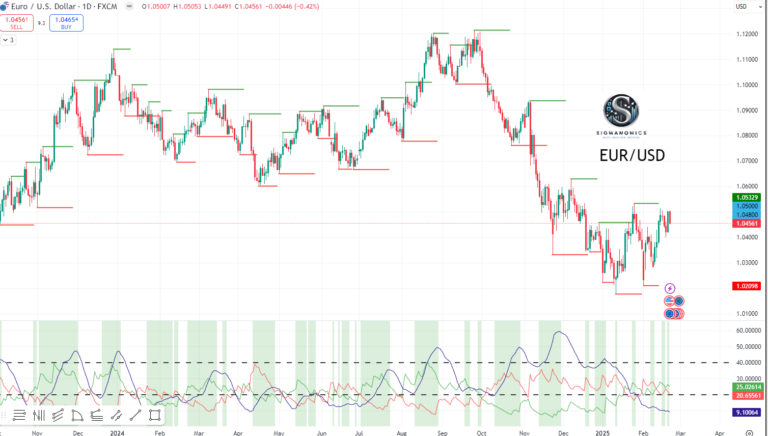Has El Salvador Halted Daily Bitcoin Purchases Amid IMF Loan Agreement?
El Salvador’s Pause in Bitcoin Purchases
Recently, there has been speculation that El Salvador may have halted its daily Bitcoin purchases. This move has sparked discussions among experts and analysts, with many wondering if this signals a shift towards more traditional financial strategies to secure international support. El Salvador made headlines last year when it became the first country to adopt Bitcoin as legal tender. The move was seen as a bold and innovative step towards financial inclusion and economic growth in the country.
The IMF Loan Agreement
However, the recent pause in Bitcoin purchases has raised questions about El Salvador’s commitment to its digital currency experiment. Some believe that this decision may be related to the country’s recent agreement with the International Monetary Fund (IMF) for a $1.3 billion loan. The IMF has expressed concerns about El Salvador’s use of Bitcoin as legal tender, citing risks associated with the volatile nature of cryptocurrencies.
Impact on El Salvador
If El Salvador has indeed halted its daily Bitcoin purchases, it could indicate a willingness to address the IMF’s concerns and adopt more traditional financial strategies. This could help secure international support and stabilize the country’s economy in the long run. However, it may also slow down the adoption and growth of Bitcoin in El Salvador, which could impact the country’s position as a leader in the cryptocurrency space.
How This Will Affect Me
As an individual, the pause in El Salvador’s Bitcoin purchases may not have a direct impact on you. However, it could signal a broader shift towards more traditional financial strategies in the cryptocurrency world. This could affect the overall perception and adoption of cryptocurrencies, which may impact the value and stability of digital assets in the future.
How This Will Affect the World
El Salvador’s decision to pause its daily Bitcoin purchases could have ripple effects on the global cryptocurrency market. It may lead to increased scrutiny from international organizations and governments, potentially shaping regulations and policies surrounding digital currencies. This could impact how cryptocurrencies are used and accepted worldwide, leading to shifts in the financial landscape.
Conclusion
El Salvador’s pause in Bitcoin purchases amid its IMF loan agreement raises important questions about the future of cryptocurrencies and traditional financial strategies. While the impact may be felt more prominently in the country itself, the decision could have wider implications for the global cryptocurrency market and financial systems. It will be interesting to see how this development unfolds and how it shapes the future of digital assets.





